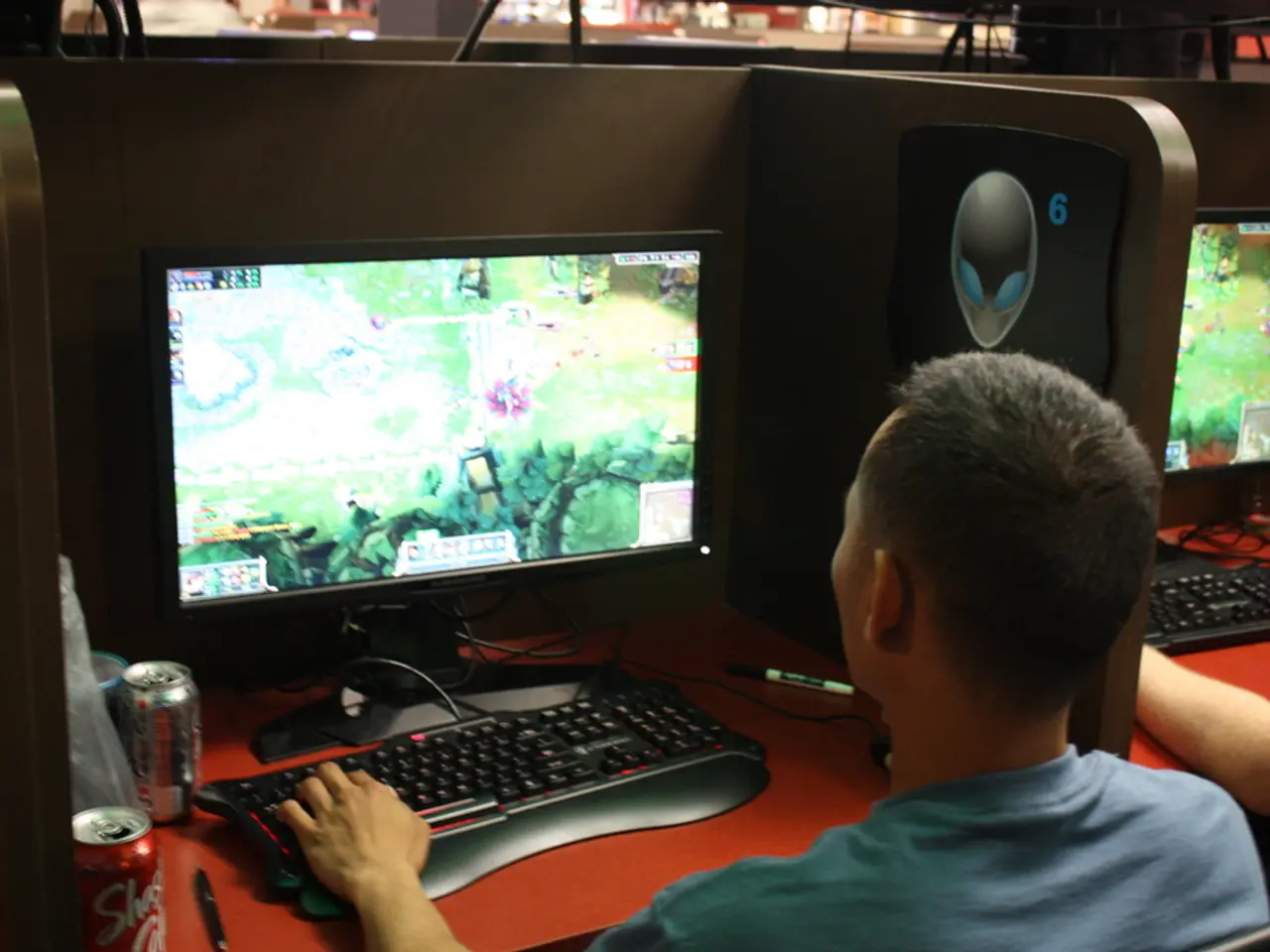Gaming Sector's Trust and Income Challenged by Prevalence of Cheating in Latest Study Reveal
A new report by PlaySafe ID suggests that a significant shift is underway in the online gaming world, with players increasingly demanding accountability and fair play. The report outlines a number of measures being proposed to combat cheating, which include advanced technology, hardware security features, legal actions, and community engagement.
Machine Learning and Behavioral Analytics
Online poker rooms and competitive games are increasingly using machine learning (ML) to analyze player behavior and detect cheating patterns. For example, ML systems flag accounts with overlapping IPs and suspicious betting patterns, prompting investigations and banning cheaters.
Hardware Security Features
Major game publishers like Activision Blizzard are rolling out requirements for hardware-based security features such as TPM 2.0 (Trusted Platform Module) and Secure Boot. These features help establish a secure foundation to prevent cheats at a system level, ensuring that only trusted software runs.
Legal and Enforcement Actions
Anti-cheat teams are taking legal steps against cheat developers and vendors by issuing cease and desist letters and dismantling cheat marketplaces. This approach aims to deter cheat vendors and protect the integrity of the games.
Human Oversight and Community Involvement
Despite automation, human review remains crucial. Security teams investigate flagged accounts, and player communities provide valuable insights via forums and reports that help improve detection and enforcement.
Impact on Developer Revenue and Gaming Culture
Stricter anti-cheat measures can positively impact revenue by enhancing player trust and retention, encouraging fair gameplay that sustains longer-term engagement and spending. However, requiring hardware features might temporarily reduce the player base due to increased entry barriers, potentially limiting sales or subscriptions on PC platforms in the short term.
The report by PlaySafe ID indicates that players want accountability and are open to new methods, provided studios are transparent about how those measures work. Promoting a game as credibly cheat-free could be a major draw for gamers, strengthening retention and protecting revenue.
However, stringent enforcement and hardware mandates might provoke backlash among some players feeling restricted, especially if enforced abruptly. Balancing technological enforcement with community involvement is key to sustaining a positive culture.
In summary, the current trend in 2025 is toward integrated solutions combining AI-driven detection, hardware security, and legal enforcement to combat cheating. These measures aim to protect game integrity and revenue but must be carefully managed to maintain accessibility and a healthy community culture.
PlaySafe ID CEO Andrew Wailes believes that gamers are ready to address the issue of cheating in video games. The Gaming's Cheating Crisis Report, offered by PlaySafe ID, provides data-driven insights and recommendations for building fairer online gaming experiences. The report is available now.
- In the online gaming world, technology is being leveraged not only for entertainment but also to ensure fair play, with machine learning systems analyzing player behavior and hardware security features being rolled out to prevent cheating at a system level.
- As cheating impacts both the integrity of games and developer revenue, studios are taking measures to combat it, such as legal actions against cheat developers, promoting transparency about their anti-cheat measures, and engaging the player community for insights and reports.




